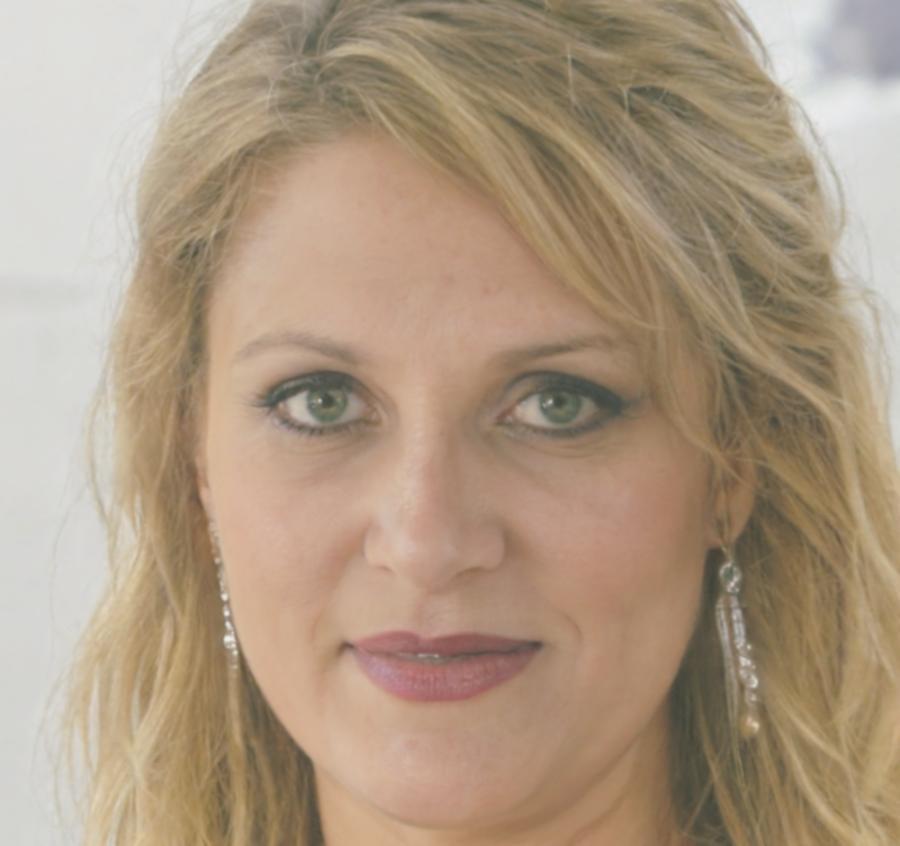Start Where You Actually Are
Most budgeting advice assumes you have everything sorted—regular income, predictable expenses, zero unexpected costs. But that's not how most families live. We begin by mapping what's really happening with your money, including the irregular bits everyone pretends don't exist.
You'll learn to track spending without becoming obsessive about it. And how to handle the weeks when everything seems to cost more than expected, because those weeks happen to everyone.



